Minister for Agriculture Charlie McConalogue has announced €2.25m in financial support for farmers to continue bovine viral diarrhoea (BVD) tag testing in 2023.
The support provided will be by way of a payment of €2 per calf and will be made directly to farmers based on calves registered, up to a maximum of 25 calves per herd.
Minister McConalogue said the funding will target breeding herds and in particular smaller breeding herds where the relative costs are the greatest.
He said the incidence of BVD-positive animals has decreased from 0.66% in 2013, the first year of the compulsory phase of the eradication programme, to 0.03% this year.
Ireland has not recorded a confirmed BVD positive since May 2021.
Conditions
In 2022, the Irish BVD programme was aligned with the European Animal Health Law and official recognition of the programme was granted.
Ireland has now achieved two of the three conditions for BVD-free status: animal level prevalence, and the absence of a confirmed BVD case for 18 months.
However, it is key that the final target of a national herd level prevalence of 99.8% of all herds free of BVD is achieved.
By maintaining the current focus on BVD eradication, Ireland should be positioned to apply for BVD-free status by year end 2023, the Department of Agriculture has said.
The minister said: “The BVD eradication programme has brought Ireland close to achieving the goal of BVD freedom. This reduction in BVD prevalence has delivered benefits to all cattle herds, including better animal health and improved fertility, which, in turn, has helped to reduce antimicrobial usage and contributes to a more sustainable livestock sector.
“The success of the programme is due to the continuous hard work and determination of the farmers in working with my Department towards gaining BVD freedom.”
The minister also confirmed that the Targeted Advisory Service on Animal Health, a mandatory herd epidemiological investigation after disclosure of a BVD positive or inconclusive animal, will continue.




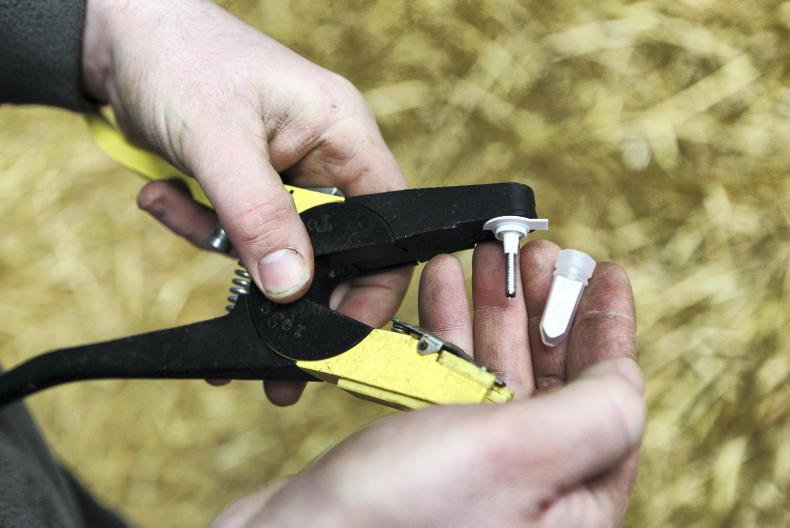
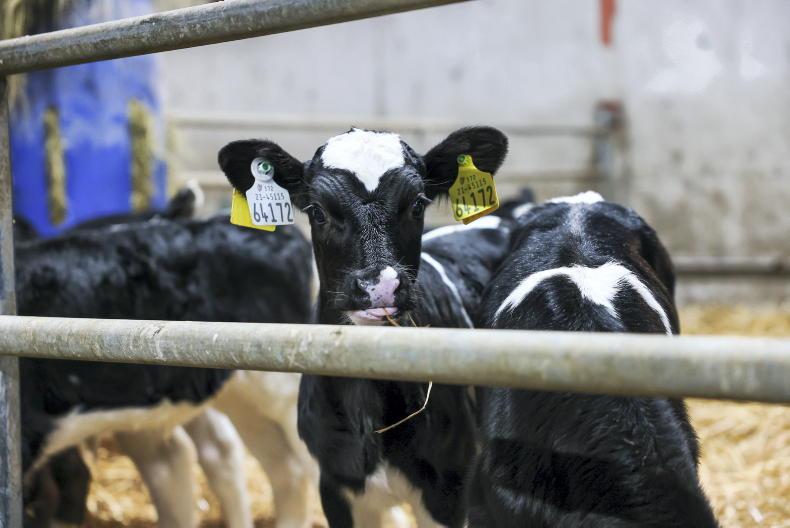

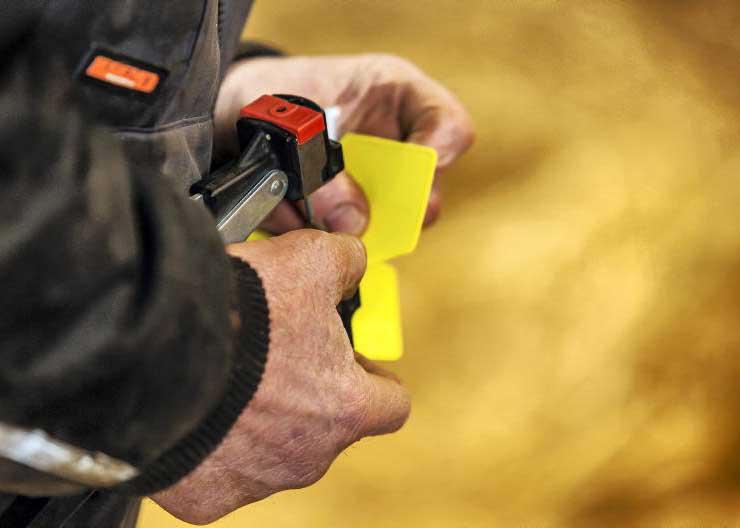
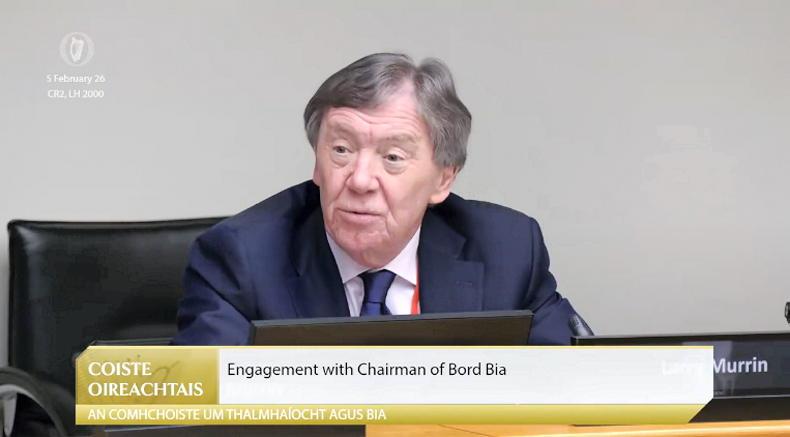
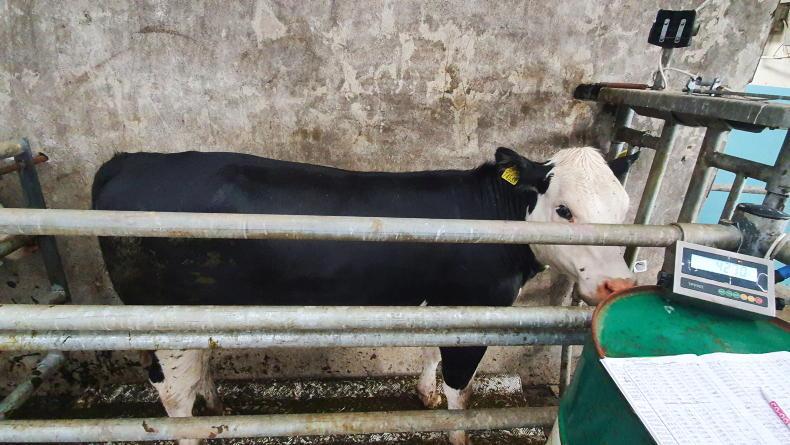
SHARING OPTIONS